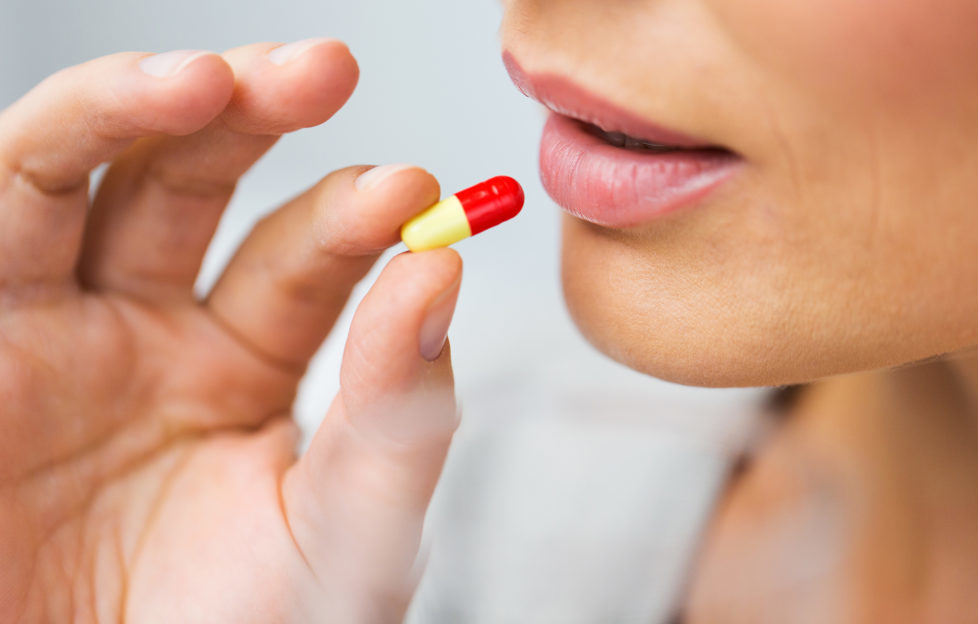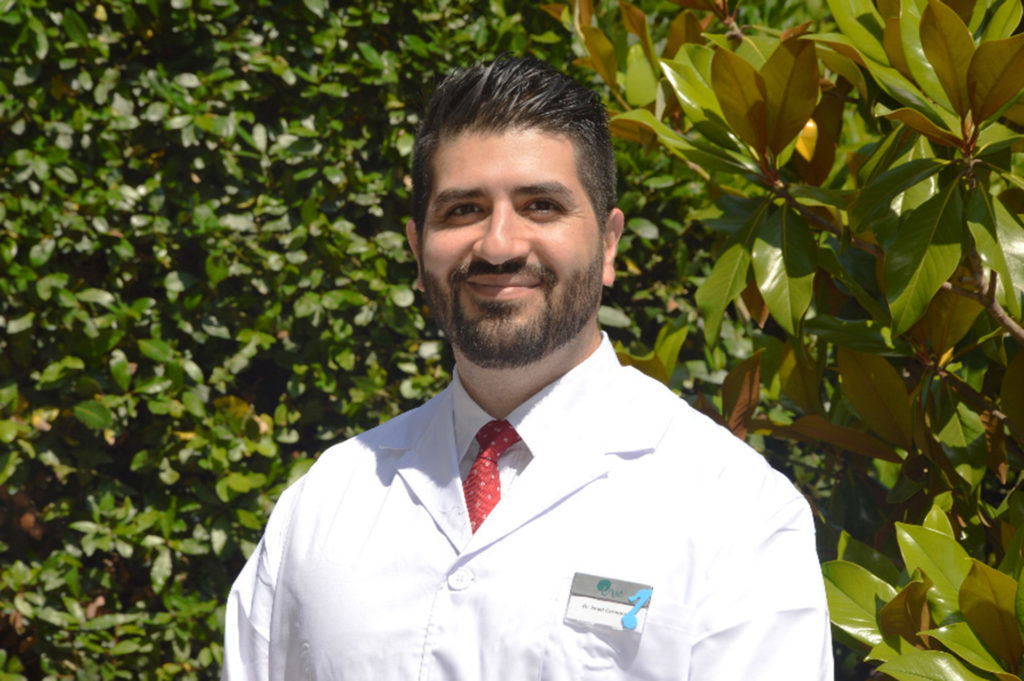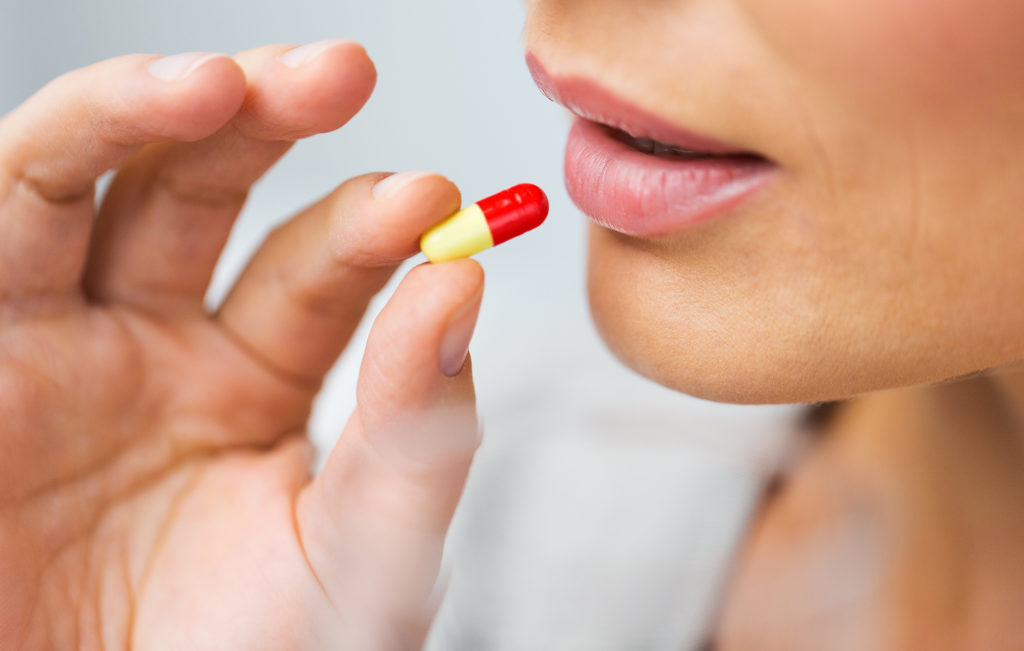Thrush – Do You Know The Triggers And How To Avoid Them?

By Dr Israel Carmona, Director at Institut Marquès
Thrush is a vaginal infection, usually caused by an overgrowth of yeast fungus. It is a relatively common issue for women – approximately 75% of women will experience it at least once in their lives – and can be developed at any age.
Despite being such a common condition, many women are unaware of the various lifestyle choices that can encourage thrush to develop or worsen. From antibiotics to soap, and high sugar foods to tight clothing, there are many different thrush triggers which we carry out on a day-to-day basis – which can easily be avoided.
In order to provide further clarity on the topic and to help women to avoid developing this uncomfortable condition, here Dr Israel Carmona, Director at Institut Marquès – the international specialists in Gynaecology, Obstetrics and Assisted Reproduction – reveals some of the surprising lifestyle factors which can lead to thrush:
PERFUMED SHOWER PRODUCTS
Dr Israel Carmona says: “Body soaps and shower gels often contain harsh chemicals and perfumes that can upset the healthy balance of bacteria and pH levels in your body. Using these soaps and gels to clean your intimate area can therefore lead to irritation, triggering thrush. Your vagina is designed to keep itself clean, so there’s no need to use fancy soaps and gels. Wash here with warm water and plain soaps, and you’ll remain thrush free.”
HIGH SUGAR FOODS
Dr Israel Carmona says: “Good vaginal health is largely maintained by your overall health. A balanced diet will therefore benefit your intimate area and lessen the likelihood of you developing thrush. For example, refined sugar found in sweets and fizzy drinks have been proven to feed bad bacteria, upsetting your body’s delicate balance and increasing your risk of developing thrush. High sugar levels can also create more suitable living conditions for the fungal bacteria to grow and make thrush more likely to occur.
I always advise my patients to avoid eating excessive amounts of high-sugar foods and to drink plenty of water, as this will ensure you are in good health.”
YOUR PERIOD
Dr Israel Carmona says: “The hormonal changes you experience during your menstrual cycle can give rise to changing conditions in the vagina and make you more susceptible to thrush. Using tampons and sanitary pads can also exacerbate the problem by making the area less breathable, as thrush bacteria thrives in conditions where there is warmth and moisture.
In order to lessen your risk of developing thrush during your period, be sure to change your tampons and sanitary pads frequently.”
TIGHT CLOTHING
Dr Israel Carmona says: “Wearing tight or synthetic clothing, such as leggings, skinny jeans, gym clothing, and swimming costumes, can create an environment where thrush is more likely to develop. This is because tight, man-made fabrics are less breathable and can make your intimate area warm and sweaty – which is the perfect environment for thrush to develop in.
Avoid wearing tight or synthetic clothing for long periods of time, and make sure you change your clothes immediately after swimming or exercising. If you are prone to developing thrush, opt for cotton underwear over underwear made from synthetic materials.”
SEX
Dr Israel Carmona says: “Thrush isn’t classed as a sexually transmitted disease (STD) however, it can be caused or passed on as a result of sexual intercourse.
If you or your partner currently have thrush, avoid having sexual intercourse until the thrush has cleared up in order to avoid passing it back and forth.
Over-the-counter antifungal medications are also available to treat the thrush. This can be a tablet you take orally, a tablet you insert into your vagina using a pessary, or a cream to relieve the irritation.”
ANTIBIOTICS
Dr Israel Carmona says: “Approximately one in three women who take antibiotics will develop thrush. Although antibiotics themselves don’t directly cause thrush, they can negatively impact the levels of healthy bacteria that are residing in your vagina. Less amounts of healthy bacteria means that there is less competition for the bad fungal bacteria, so it is able to grow more easily – thus leading to thrush.
If you do contract thrush after taking antibiotics, speak with your local doctor or GP. They will be able to advise on alternative treatment options or ways that you can ease the symptoms you are experiencing.”







